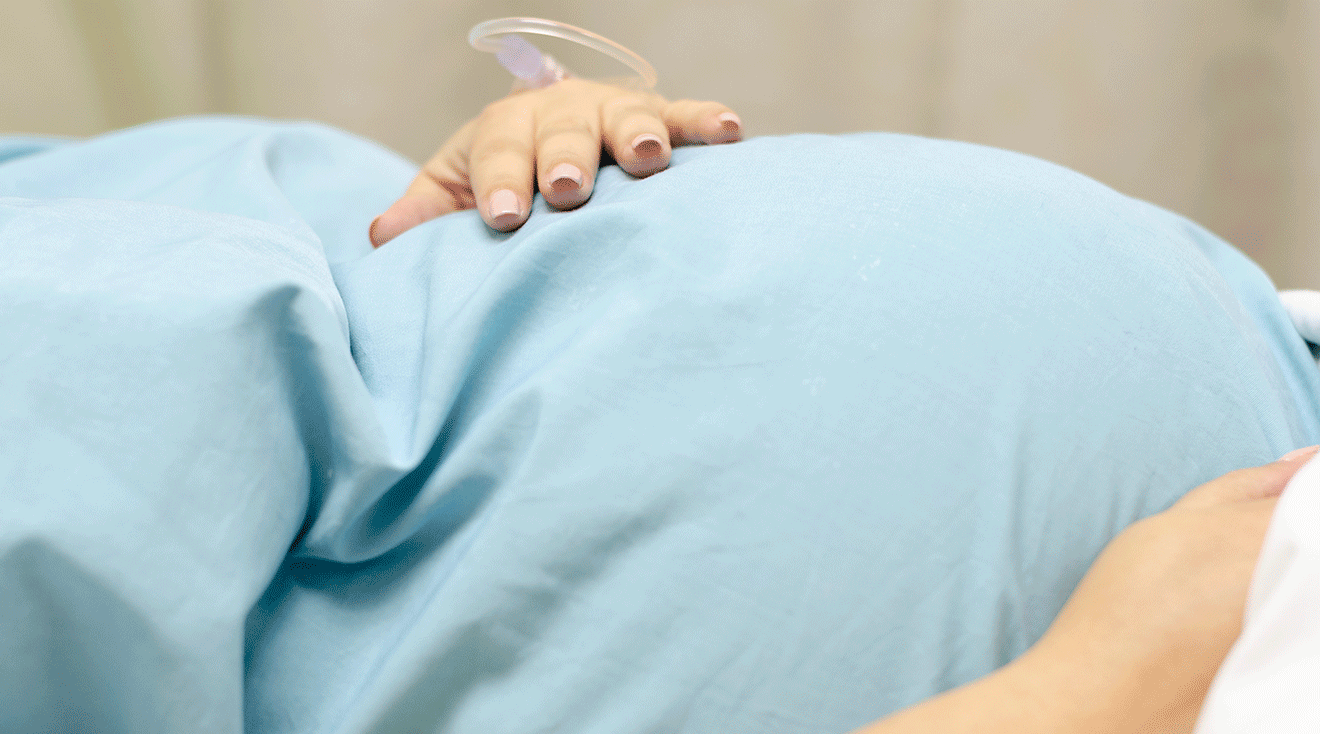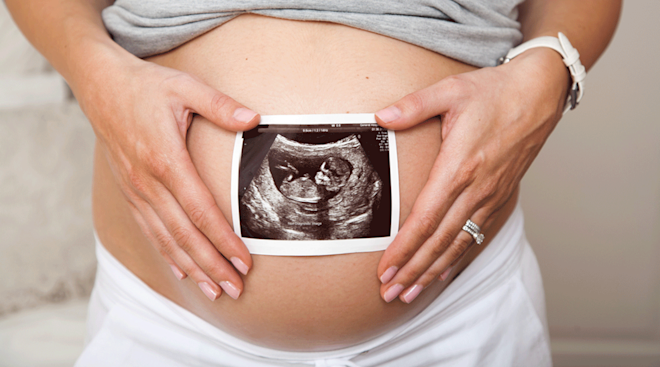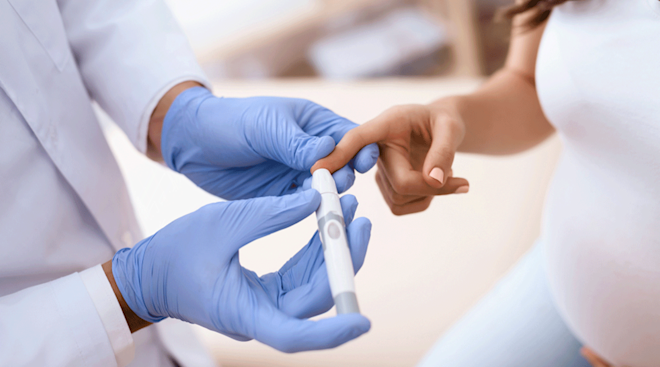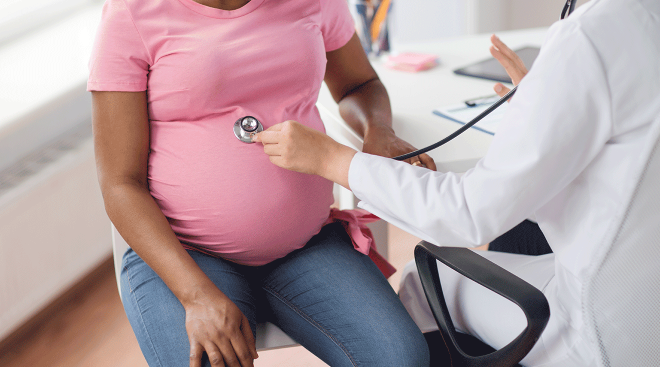Epidurals Could Decrease Severe Birth Complications by 35%, Study Says
There are plenty of questions you’ll find yourself asking when crafting your birth plan and at the top of the list is often the question of whether you will or won’t be getting an epidural. Designed to ease the pain of contractions and delivery, an epidural is typically injected into the space around your spinal cord to make you numb from the belly button down. Over the past decade, plenty of conversations have been had over the benefits and side effects of epidurals but new research is bringing another potential positive to light.
Research published in the British Medical Journal (BMJ) on May 22 has found that epidurals can offer more than just pain relief; they may also reduce the risk of severe maternal morbidity (SMM) by 35 percent. Defined by the Centers for Disease Control and Prevention (CDC) as “unexpected outcomes of labor and delivery that can result in significant short- or long-term health consequences,” SMM includes a range of severe birth complications from eclampsia to heart attacks and hysterectomies.
As SMM rates have steadily increased over the years, identifying ways to prevent these generally avoidable complications has become increasingly important. This study aimed to examine the effect of epidurals on SMM by analyzing the labor experiences of 567,216 women at all National Health Service (NHS) hospitals in Scotland from January 2007 to December 2019.
After accounting for elective C-sections and incomplete data, researchers found SMM from the day of delivery to 42 days postpartum decreased by an average of 35 percent when mothers elected to use an epidural. This reduction was even more pronounced among women who delivered prematurely, showing a remarkable 47 percent reduction in SMM. Additionally, women with predefined risk factors—such as preeclampsia, gestational diabetes, or advanced maternal age—experienced a 50 percent reduction in SMM when opting for a epidural.
The study’s authors conclude that “expanding access to epidural analgesia for all women during labor, and particularly for those at greatest risk, could improve maternal health.” By making epidurals more widely available, healthcare systems could potentially reduce the incidence of severe complications during and after childbirth.
As you prepare your birth plan, consider all the options and benefits available to you. For more information and guidance, check out The Bump’s comprehensive guide here.
Please note: The Bump and the materials and information it contains are not intended to, and do not constitute, medical or other health advice or diagnosis and should not be used as such. You should always consult with a qualified physician or health professional about your specific circumstances.
Navigate forward to interact with the calendar and select a date. Press the question mark key to get the keyboard shortcuts for changing dates.





















































